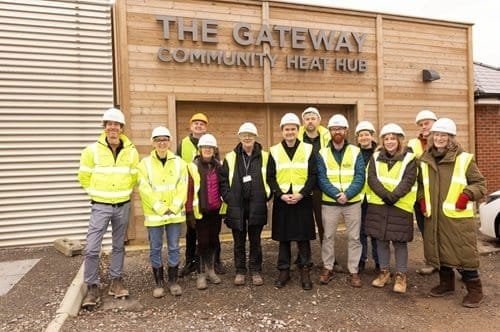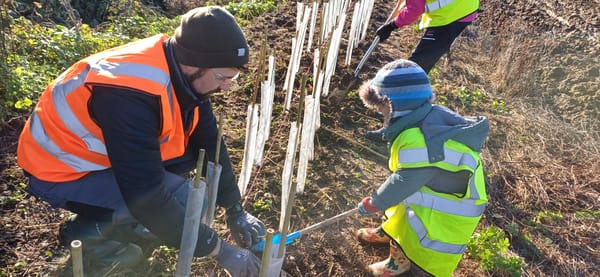University of Brighton students and staff take action to protect UK’s endangered hedgehogs
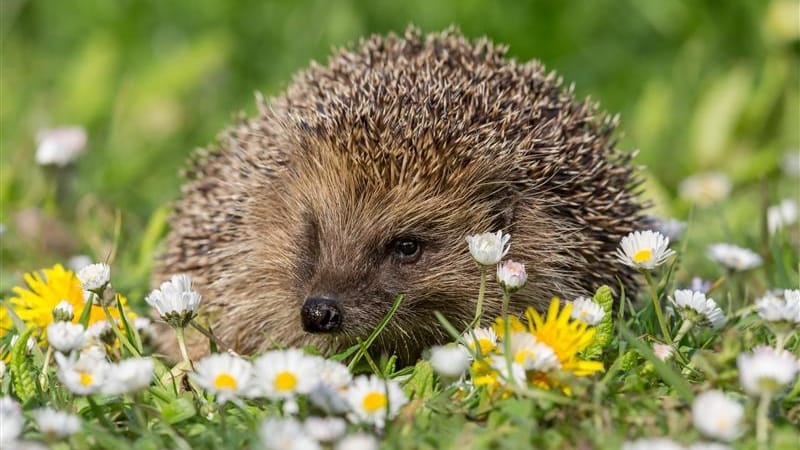
Students and staff at the University of Brighton are helping save one of Britain’s most endangered creatures: the hedgehog.
With hedgehog numbers in the UK falling by around 75% since 2000, these prickly creatures are becoming an increasingly rare sight. But the University of Brighton is working to change that. As part of the recently relaunched Hedgehog Friendly Campus campaign, teams of students and staff are turning university green spaces into safe havens – all while gaining practical experience in conservation and ecological monitoring.
Recently, a group of volunteers gathered at the University’s Falmer campus for a hands-on hedgehog survey. Armed with tracking tunnels – simple devices lined with ink pads and paper to capture tiny paw prints – the group fanned out across campus, placing the tunnels near hedges, under bushes, and in quiet corners where hedgehogs might roam at night.
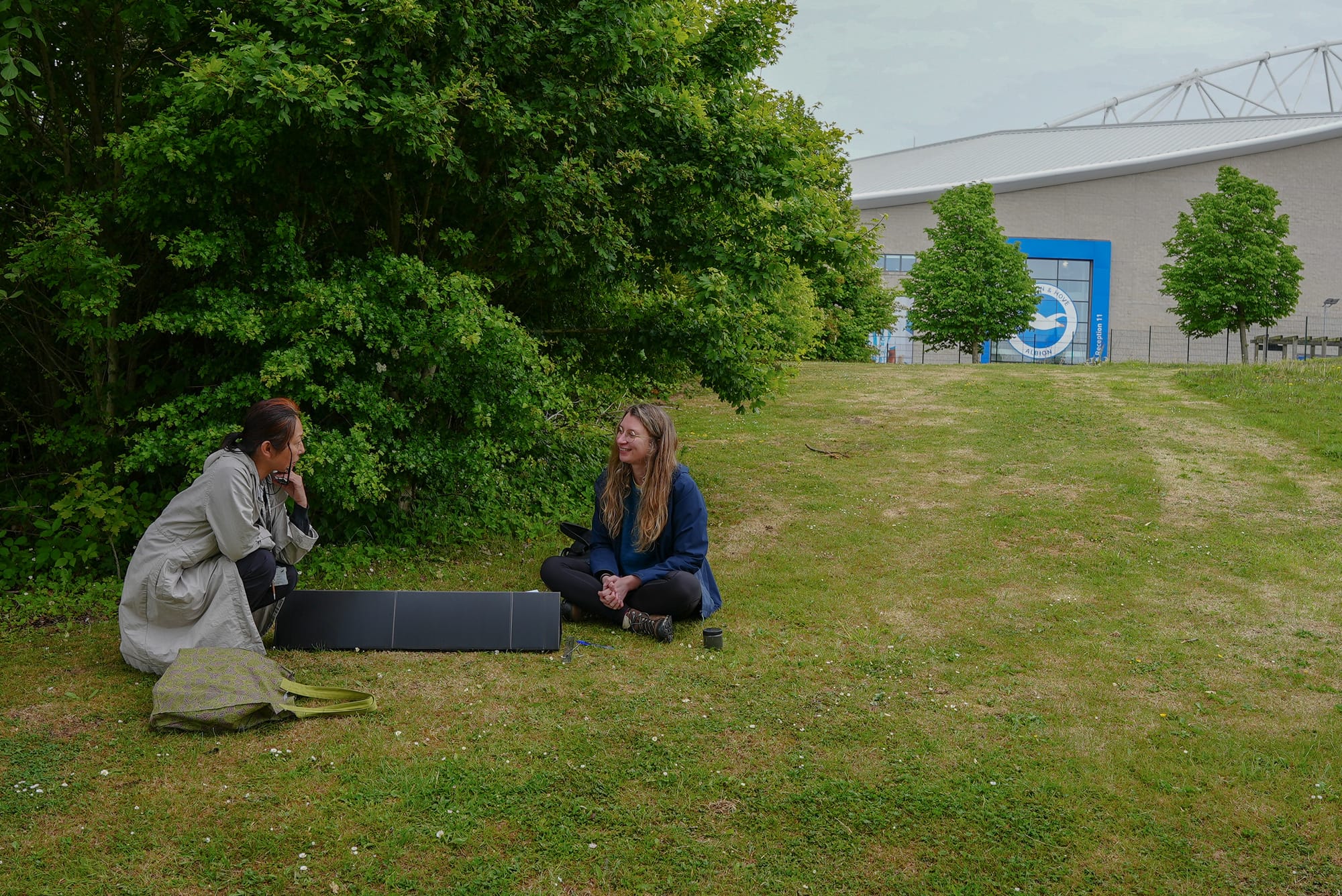
The initiative will help the University build a clearer picture of how many hedgehogs live on and around its campuses at Falmer, Moulsecoomb and Brighton city centre – and how best to protect and boost their numbers. As hedgehogs continue to face threats from habitat loss, road traffic, and modern landscaping, initiatives like this one are crucial. They’re also empowering, giving students real-world conservation skills and the chance to make a tangible impact on their local environment.
Carlie Hvizdash, MRes Ecology and Conservation student, said: “The Hedgehog Friendly Campus scheme has been a great opportunity to get involved in a citizen science programme focused on protecting and monitoring urban wildlife. Taking part in activities like the footprint surveys has been such a rewarding experience – it’s amazing to be part of a team making a real difference for local wildlife.
“Some of our projects so far have included building hedgehog houses, carrying out hedgehog hazard audits, and spreading the word about how everyone can help hedgehogs in their daily lives. It’s been a great experience so far and I’m really proud to be part of a University that’s so committed to protecting nature and supporting biodiversity.”
The hedgehog survey event followed a training session delivered by Student Organising for Sustainability UK (SOS-UK), where participants learned how to spot hedgehog tracks, carry out footprint surveys, and contribute data to national conservation efforts. Survey results will be logged on the Big Hedgehog Map – a crucial tool in tracking population trends and planning conservation efforts across the country.
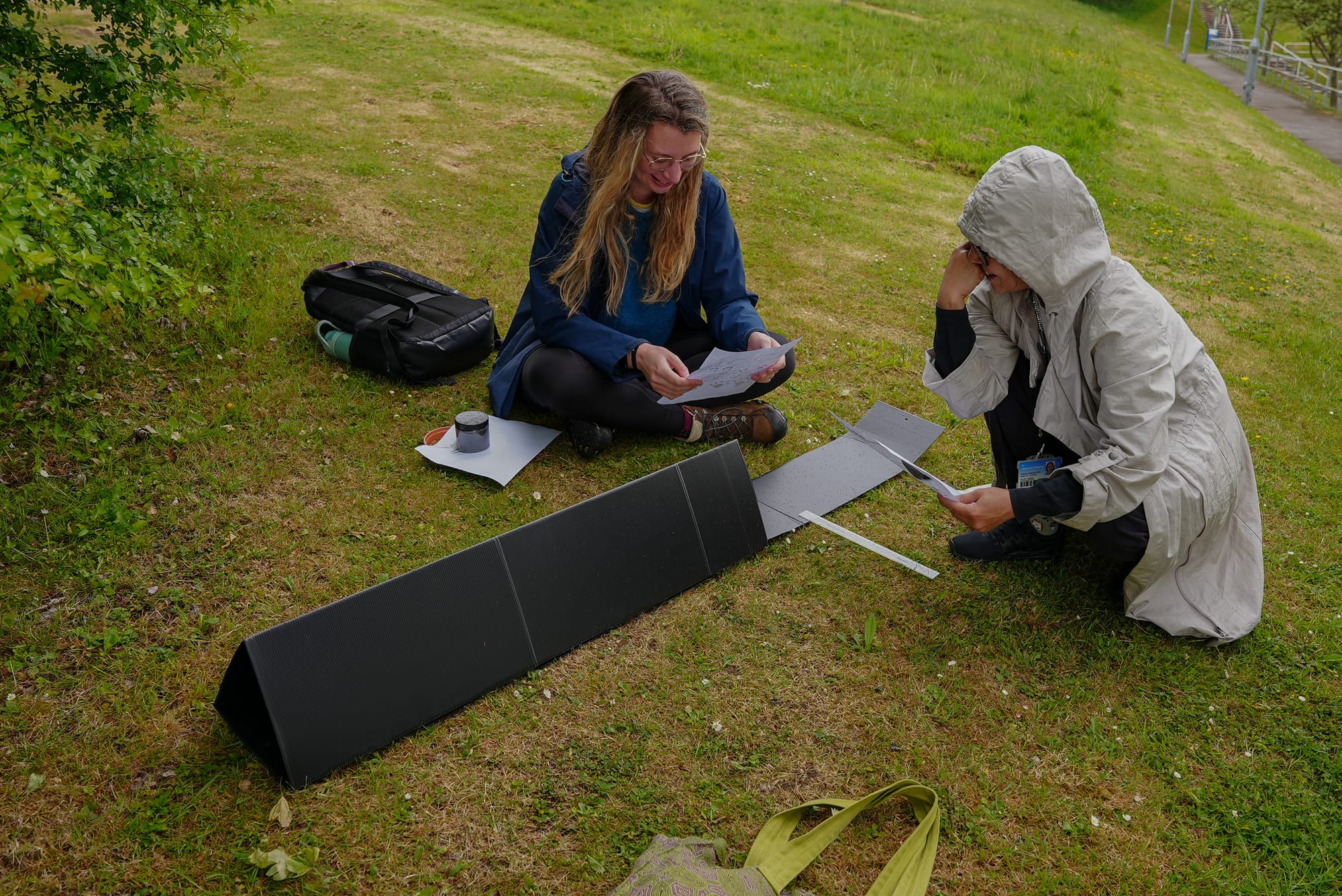
Izzy White, Sustainability Projects Officer at the University of Brighton, said: “These surveys provide us with a real insight into the number and location of hedgehogs living on and around our campus, and how we can best support them. It’s about making practical changes like creating safe spaces and removing hazards to reduce the impact campus life has on local wildlife. At the University of Brighton, we’re proud to take an active role in protecting local biodiversity and equipping our students with the tools to make a difference.”

